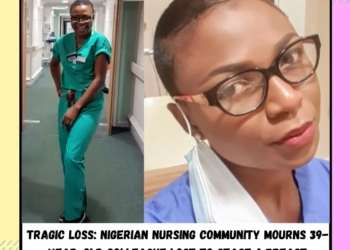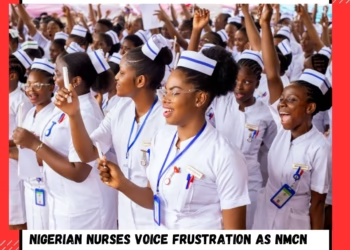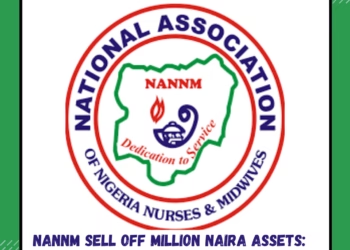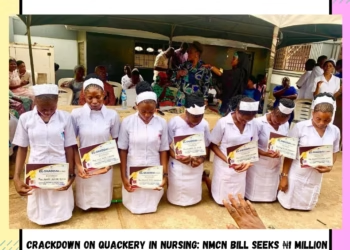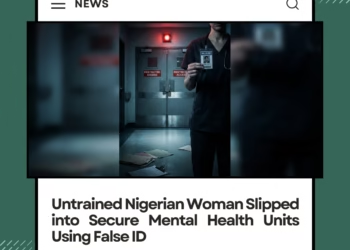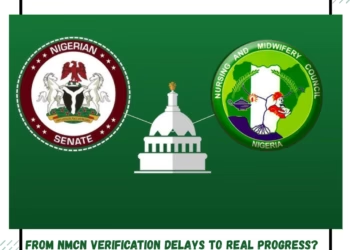Healthcare in Nigeria has been thrown into fresh uncertainty. Just after the National Association of Resident Doctors (NARD) suspended its five-day nationwide strike, doctors under the Federal Capital Territory Administration (ARD-FCT) have declared an indefinite strike—leaving patients in Abuja’s public hospitals stranded once again.
While Nigerians were breathing a sigh of relief over the resumption of services nationwide, Abuja is now at the epicenter of a worsening healthcare crisis.
Why Are FCT Doctors on Strike?
According to a communique signed by ARD-FCT President Dr. George Ebong and General Secretary Dr. Agbor Affiong, the strike follows the expiration of a seven-day warning strike during which repeated negotiations with the FCTA yielded no concrete results.
The doctors accuse the administration of:
– Ignoring welfare concerns
– Failing to address unsafe working conditions
– Delaying the payment of key entitlements
In their words: “We cannot continue to work under conditions that undermine both doctors and patients.”
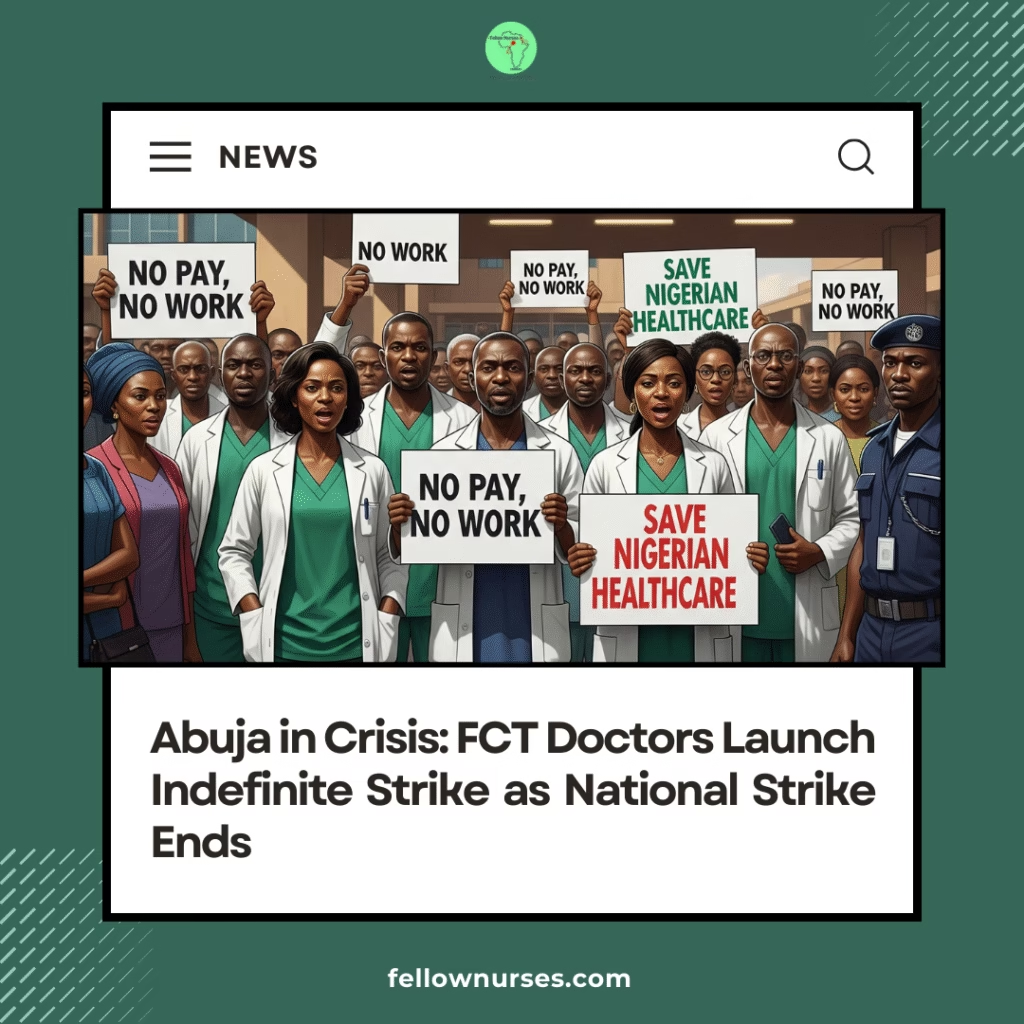
Impact on Healthcare in Abuja
The withdrawal of services is expected to severely disrupt care delivery across government hospitals in the capital. From emergency wards to outpatient clinics, patients will face longer waits, reduced access to doctors, and in some cases, no medical attention at all.
This is especially concerning as Abuja hospitals already struggle with:
– Severe staff shortages
– Overcrowded wards
– Limited resources for critical care
For patients with chronic illnesses, maternal health needs, or emergencies, the timing of this strike could prove devastating.
What Happens Next?
Negotiations between ARD-FCT and the government are expected to continue, but so far no timeline has been given for a resolution.
Healthcare experts warn that the strike could escalate if urgent intervention is not made. Abuja residents are left asking the same question many Nigerians ask each time the health sector is brought to its knees: how long will promises remain unfulfilled?
Bigger Picture: A Fragile Health System
This fresh strike underscores a systemic crisis in Nigeria’s healthcare sector. Underfunding, poor welfare, and unsafe working conditions have repeatedly triggered industrial actions. While doctors nationwide have resumed work temporarily, Abuja’s crisis is a reminder that piecemeal solutions are not enough.
Unless government and stakeholders address the root causes—fair pay, safe staffing, and better infrastructure—strikes will remain a recurring feature of Nigeria’s healthcare landscape.
Conclusion
For patients in Abuja, the indefinite strike is not just a labor dispute—it is a matter of life and death. While negotiations continue, ordinary Nigerians are left caught between broken promises and a fragile health system gasping for breath.

